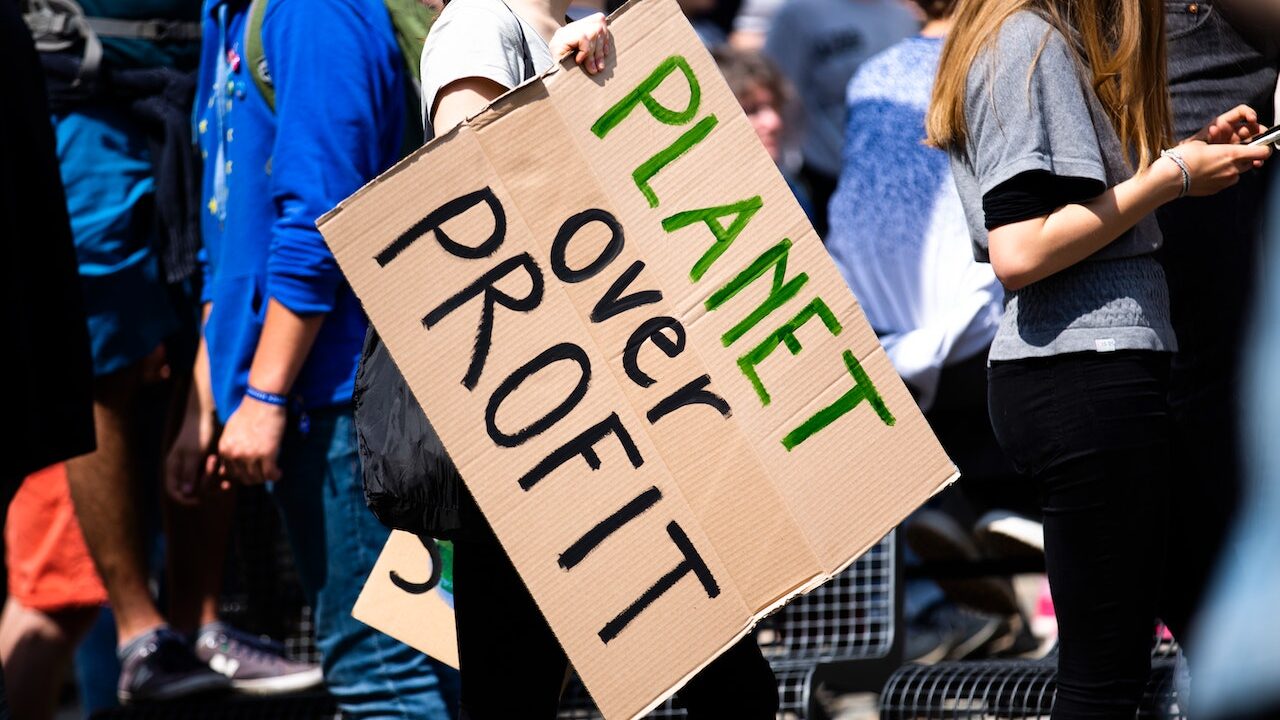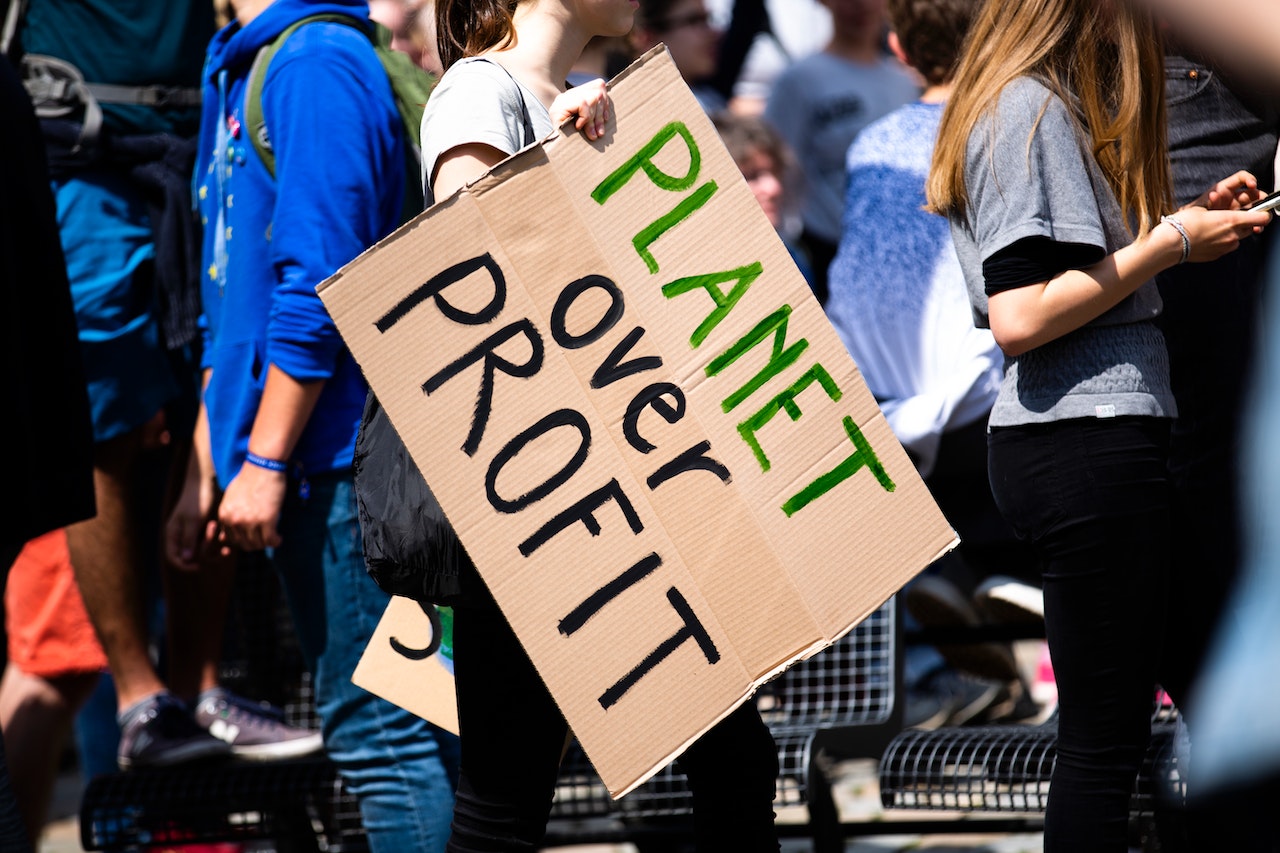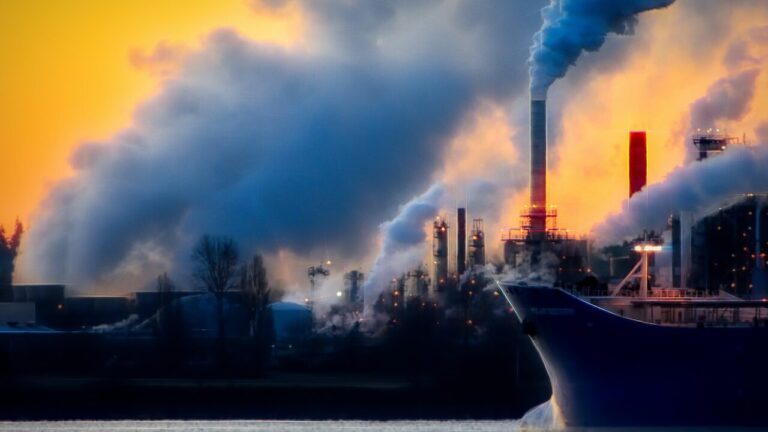Introduction
In the culture we live in, economic success and environmental sustainability usually seem at odds. On the one hand, there are businesses and industries that frequently prioritise profit over the environment. On the other hand, environmental activists and proponents believe that we must prioritise environmental protection and sustainability even if doing so means delaying economic progress. What is the solution, then? Are sustainability and profit mutually exclusive or is it feasible to have both?

The Importance of Economic Growth
The importance of economic growth cannot be overstated because it is necessary for societal prosperity and welfare. Nevertheless, it is equally important to acknowledge the finite nature of the world’s resources and the need to protect the environment for future generations. The dilemma of having to choose between sustainability and profit can be resolved by striking a balance between economic growth and environmental sustainability. This necessitates the adoption of rigorous government laws and regulations, the transition to a circular economy, the promotion of thoughtful consumption, and the elevation of sustainability as a top priority in enterprises and industries. In the end, the decisions we make now will have a significant impact on the future of the globe, thus by prioritizing sustainability, we can improve things for ourselves and future generations.
The Limits of Our Planet
This necessitates a fundamental shift in the way we think about economic growth and development. The “take-make-waste” linear paradigm of production and consumption must give way to a more circular one that prioritises resource regeneration and conservation. Reevaluating our lifestyle, consumption patterns, and reliance on non-renewable energy sources will be necessary as a result. Furthering environmentally friendly behavior-encouraging laws and regulations, as well as sustainable practises and technologies, will require a concerted effort. Finding a balance between economic growth and environmental sustainability is ultimately necessary for the long-term survival, well-being, and preservation of our planet for present and future generations.

The Shift to a Circular Economy
One possible solution is to go in the direction of a more circular and sustainable economy. This means developing systems and products that, to the greatest extent possible, utilise waste and pollution-free renewable resources. Rethinking our current production and consumption methods is also essential, as is coming up with concepts on how to make money without depleting the resources of the earth. This approach might promote sustainability and resilience while also creating new chances for economic expansion.

The Responsibility of Businesses
Making sustainability and environmental protection a top priority in our businesses and industries is another solution. Understanding the relationship between the health of the earth and our own personal health and welfare as well as our responsibility to protect the environment for future generations are necessary to achieve this. It also means making businesses accountable for their environmental impact and giving them incentives to adopt more environmentally friendly practises.
The Power of Consumers
As buyers, it is also our responsibility to make informed decisions about the products and resources we use. We have the power to demand that companies reduce their environmental impact and to support industries and businesses that put sustainability first. Making eco-friendly choices and encouraging others to follow suit can assist to boost consumer demand for sustainable products and services.

The Function of the State
Finally, we need strong laws and regulations from the government that give environmental sustainability and preservation top priority. To do this, money must be invested in renewable energy sources, financial incentives must be offered to businesses to encourage the adoption of sustainable business practises, and laws that decrease pollution and waste must be enforced. It also means supporting international efforts to fight climate change and protect the environment for coming generations.
Final thoughts and Conclusion
Are sustainability and profit mutually exclusive or is it feasible to have both? Each of us must ultimately make a decision. We have the power as consumers to shape how we use resources and to support businesses and industries that place a high value on sustainability. As businesses, it is our responsibility to prioritise sustainability and look for ways to create money without depleting the planet’s resources. Additionally, as a society, we have the option to collaborate on finding solutions that strike a balance between economic expansion and environmental sustainability, allowing us to create a better future for the entire planet.
We have to accept that the choices we make today will have a significant impact on the course of the globe. By placing an emphasis on sustainability and finding a balance between commercial success and environmental responsibility, we can make the world a better place for both current and future generations.




